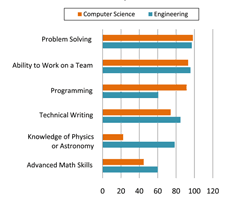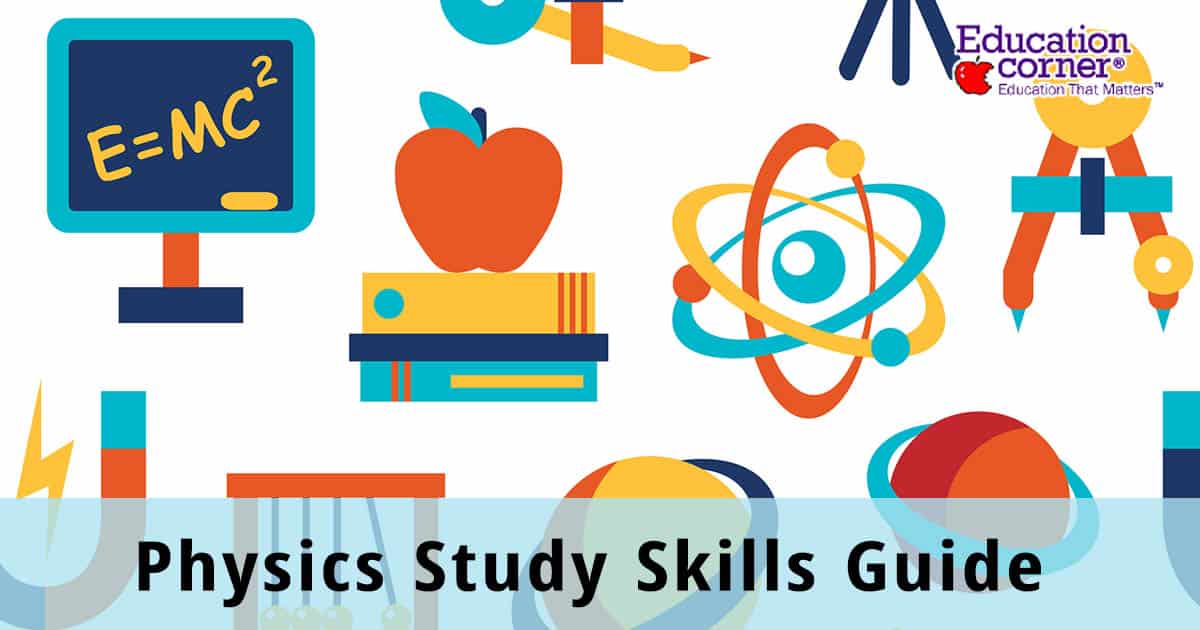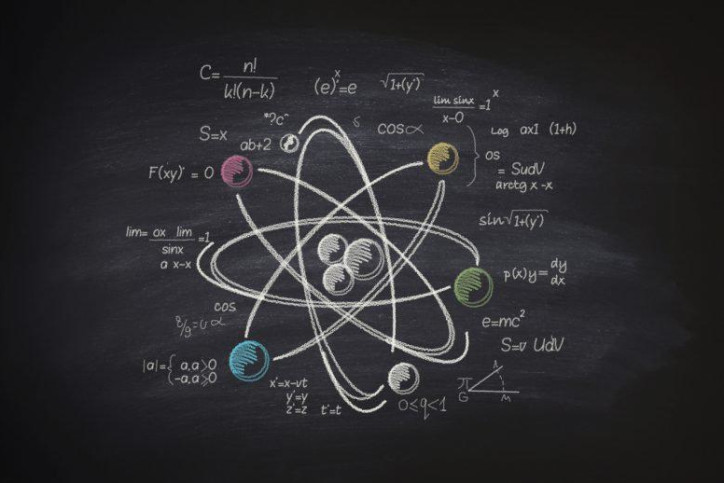What Do Physicists Study?

What do physicists study if they do not specialize in a particular subfield? Physicists conduct research, study core theoretical areas, and develop superpowers in analytical and critical thinking. They study the world around us, including our solar system, stars, and galaxies. In general, they work full-time in offices or with colleagues in higher education institutions. They may also apply for research grants in order to conduct research.
Physicists specialize in a subfield
Physicists study everything that is physical and apply mathematical and conceptual models to explain it. These professionals often use the mathematical terms they learn to analyze experiments and design solutions. They have broad knowledge and skill in many areas and may specialize in one or more subfields. Among the subfields of physics are nuclear physics, atomic physics, and condensed matter physicists.
The aim of a physicist is to discover the nature of the universe. This field is both broad and interdisciplinary, and many physicists study the interactions between matter and energy at both the atomic and grand scales. Their knowledge and research often informs new technologies and projects for human beings. They also perform complex calculations. They are expected to use this knowledge to solve complicated problems, find new ways to solve problems, and make the world a better place to live.
They conduct research
APEX is a letters journal dedicated to the rapid dissemination of findings in applied physics. Published daily online and in print, it contains the latest findings in the field. Scientists and educators use it to improve teacher training. Researchers are particularly interested in the effects of classroom practices on learning. APEX Courses are standards-aligned and highly engaging, making them ideal for enhancing teacher education.
Physicists use mathematics to analyze the nature of matter and the interactions between particles. They study the laws of space and time, and develop new ways to understand them. They may conduct research on the apex of the universe or work on practical issues, such as developing laser surgery technology. The work of physicists spans many fields, from medical sciences to high-tech industries.
They develop superpowers in mathematics, analysis and critical thinking
Mathematicians studying the apex of the universe develop superpowers in analysis, mathematics and critical thinking, and this is something all workers should have as a skill. Many fields are wrapped in statistics and probability, and the accuracy of climate models can affect trillions of dollars. The Big Data craze will only increase the need for citizens who understand these issues and are comfortable working with computer programs.
Researchers have also noted that mathematical problems are not correlated with intelligence. While studies have not proven a connection between math problems and intelligence, it is possible that people who excelled in math training might have had particular dispositions or intelligences. If that is the case, then more problems and more complicated problems could be used in future research. And, even though math problems are not necessarily indicative of intelligence, they may be indicative of the ability to think abstractly and critically.




Leave a Reply